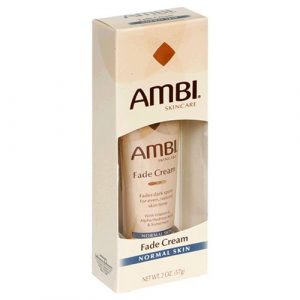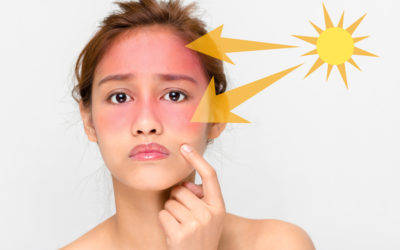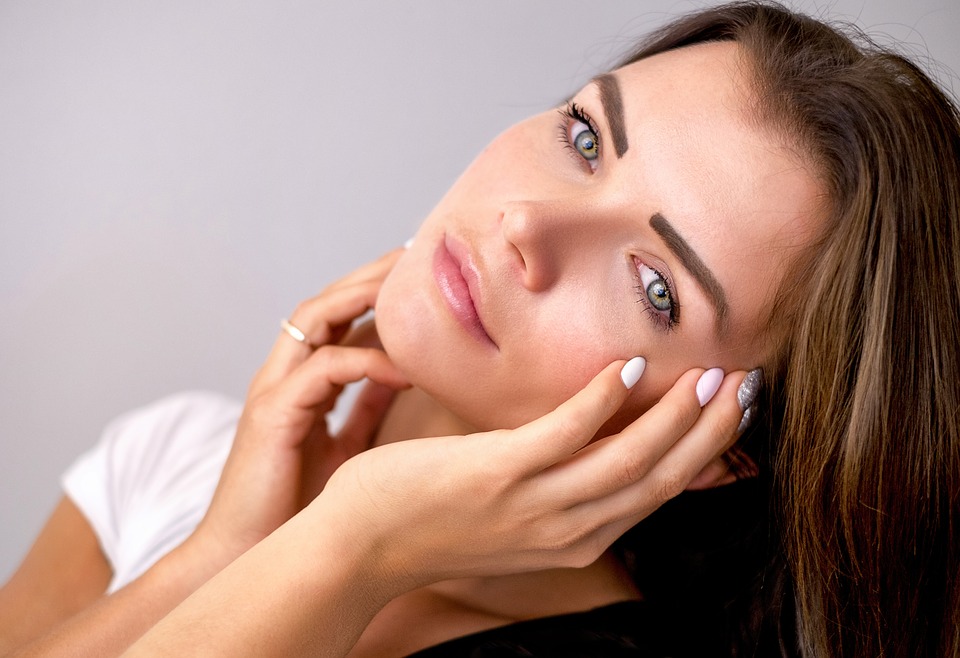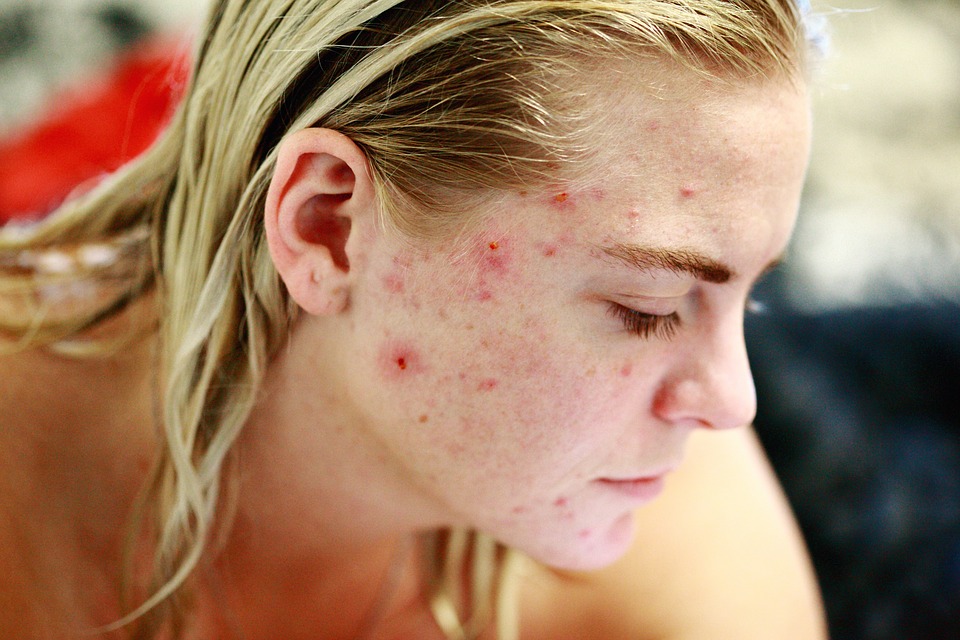Everybody’s got a deep, dark secret going on with their skin, and although it isn’t always easy to resolve, and at the very least, even take you a long time to figure out something is wrong, there will always be a user experience written up like an Ambi Fade Cream review. When patchy skin happens to be your most pressing skin issue, it isn’t always easy to pin down what exactly is going on with your complexion.
1. Traces On Your Face.
Why is skin on your face looking like a map? There are several possible reasons for your patchy skin. Some of which are identified below:
- A skin condition or diseases such as dermatitis, skin allergies, vitiligo and psoriasis
- Chronically dry and scaly skin
- Fungal infections
- Sunburn
- Rashes, hives and hay fever
- Hormonal imbalance
- Improper skin care routine
- Certain medications and more serious medical conditions, including cancers and HIV infection

Skin Map
Speaking about aging in relation to signs of skin aging, fashion designer Diane Von Furstenberg once said, “Your wrinkles reflect the roads you have taken; they form the map of your life. My face reflects the wind and sun and rain and dust from the trips I’ve taken. My face carries all my memories.”
Well, that is a good way of perceiving wrinkles and age spots when you’re older but, when patchy skin hits your face while you’re still young and, most especially when you’re under 40, some things just aren’t right. While there’s reason for you to be worrisome, there are also at least 5 reasons why you should celebrate regardless of your problematic skin situation. That’s because listed just below this line are 5 ways by which you can patch up that patchy skin of yours — so pay closer attention to these top tips:
When you notice your skin appear blotchy after a sudden blood rush due to anger, anxiety, sudden depression or when it is accompanied by sweaty palms and toes and breathlessness, it could be stress that is causing your skin to appear flushed and blotchy. To deal with this condition, you should learn some practical stress management techniques, such as the following:
- Close your eyes and take 5 slow and very deep breaths.
- Place your palms across your chest, facing away from you then open and close your palms.
- Drink plenty of water very slowly — remember that whatever is stressing you out is also stressing out your skin and the rest of your body to keep the moisture going.
- If stress is chronic and blotchy skin is becoming a norm, as a result, get your smarts up to find more ways to conserve your energy and leave some time for yourself
2. Throw away your beauty bottles laden with harsh ingredients.

Harsh ingredients suffer your skin immediately and, in the long run, causes it to dry out so that you end up with patchy skin. To help your skin heal, enhance its natural treatment mechanisms, and revive its optimal hydration levels, you should look for the following ingredients instead:
- Aloe: Works with your skin to enhance natural mechanisms for skin repair and rejuvenation.
- Ubiquinone (Co-Enzyme Q10) and Hyaluronic Acid: Powerful humectants that draw moisture from the surroundings to restore your skin’s optimal moisture levels.
- Ceramides and Vitamin E: Nourish your skin and support the rebuilding, strengthening, and re-fortification of your skin’s protective barrier to help keep moisture in and strengthen your skin’s resolve against external causes of skin damage.
- Antioxidants: Improve your skin’s line of defense against free radicals, and re-energizes your skin cells as well.
3. Level up your skin care regimen.
Check out a product review, like an Ambi Fade Cream review to see if it suits your skin type and your patchy skin issue. Cleanse, tone and moisturize, and amp up your regimen by exfoliating treating yourself to a mask mid-way through the week. Choose exfoliator for face as per as your skin.
4. Layout a comprehensive sun care strategy.
Don’t content yourself with just complying with expert recommendations to reach out for a sunscreen that is at least SPF 30. There is more to sun care than just sunscreen. Here are some things that you can do to improve your sun protection tactics:
Step 1: Re-evaluate your sun care strategy. Are you using the right sunscreen for your skin? Does your product match your daily activities? If you are spending prolonged hours under the sun because you work as a Forest Ranger or, if you are a Professional Track and Field Athlete then, you need something more potent, water-resistant and sweat proof.
Step 2: Use other physical barriers to cover up. Clothing, sunglasses, hat, and umbrella are all very welcome additions.
Step 3: Choose your sun time. Bask in the early morning and stay indoors at midday.
5. Effect some influence on your environment.

Conclusion
There are, of course, existing clinical, minimally invasive procedures that can work to improve your problematic skin that you should also check out. In general, your patchy skin can only be resolved by combining the best of science with the very best lifestyle choices that promote skin health.




